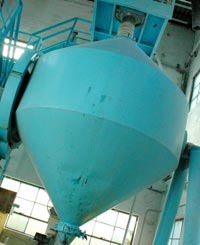




Phone: (914) 381-2400E-Mail: customerservice@marvalindustries.com
When working work color and specialty compounding, it is important to note the benefits and restrictions of final products. Having a deeper understanding of the characteristics of the final product will help you better determine which type of base polymers you will utilize for your productions. Different polymers add characteristics to plastic, and each has their pros and cons. We can help you navigate the extensive and confusing world of special masterbatching. Below, we will give some basic information regarding different base polymers.

High-density polyethylene- this polymer does not work well in hot temperatures, but instead it boasts chemical resistance and high electrical properties. This polymer suffers from thermal expansion, which is responsible for mechanical stress.
Acrylic- this polymer excels when being used outside because it has high UV protection. This plastic can come in a wide range of colors, but it does not have the strongest impact resistance.
Liquid crystal polymer- LCPs has an ordered structure (in melt and stable states). An LCP can replace materials, which will help to strengthen products and reduce costs. LCPs replace ceramics, composites, metals, and other materials. This polymer can be molded into thin sections, and it also has high heat resistance.
For more information on specialty compounding in NY, we are the first call you should make. Our engineers are standing by to help bring your business easy and affordable masterbatching.